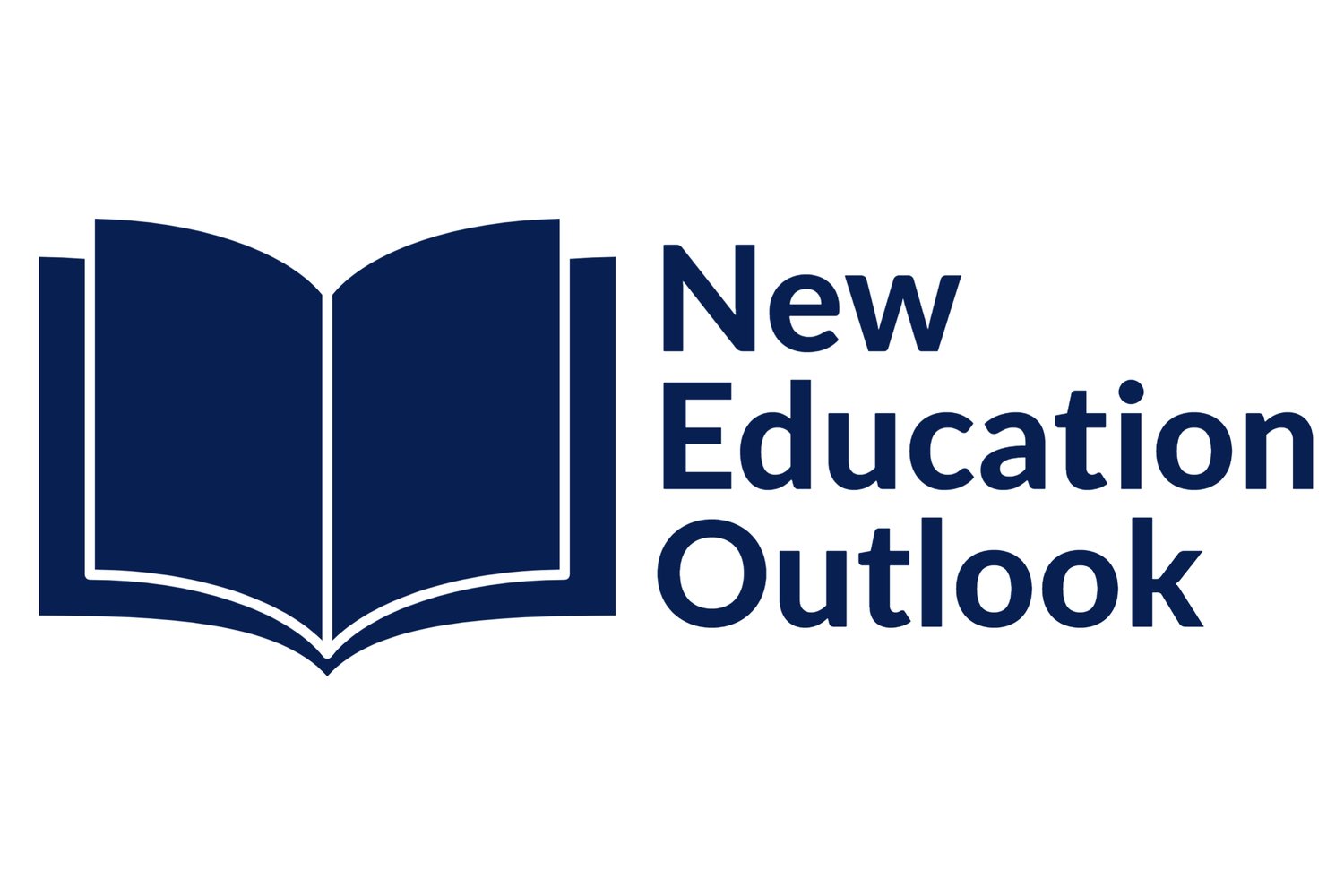For the love of books: The Once Upon a Time Map Book
Books can present information in different ways. There are infinite possibilities when it comes to presentation and format, but my favourite books often find an innovative way of presenting something that hasn’t been done that way before. Theres something unique about them, and this weeks book is no different. The Once Upon A Time Map Book is a book which can help develop geographical knowledge and skills through a fictional context, and I think it’s a really clever, cross-curricular way of opening up the world of maps to children in Primary schools.
The concept
The Once Upon A Time Map Book is a novel way of retelling 6 well known fairy tales by focussing on the land in which they are set in, whether it’s Peter Pan’s ‘Neverland’ or Jack’s journey through ‘the Giant’s Kingdom’. Each is set over a double page, the majority of which is exactly as the title suggests, a really engaging map full of geographical features for the children to explore. This is accompanied by a brief introduction and specific ‘points of interest’ which the children can try and identify on the map. Each map is also accompanied by a key and a set of instructions that can be followed in order to try and find an object of significance within the original story.
Fantastic maps
The maps are designed beautifully. They bring the world from each story magically to life, enabling the children to really visualise important locations from each tale. The maps are vibrant, with lovely illustrations and there is a real focus on bringing geographical features of the different lands to the children’s attention, for example the ‘Yellow Brick Road’ in ‘The Land of Oz’. By using a key to define these details it is already supporting children with their geographical skills. I also love that each map is set on a grid, enabling children to start to identify geographical features using two figure grid references. There are so many opportunities in this book to inspire children to have more curiosity about maps and geography.
It's also a brilliant inspiration for the children to produce their own maps and plans. This can be done on all sorts of levels too. Give children a grid and let them design it completely themselves, or give them certain features that they have to put in specific positions on the grid. Take it even further and be really prescriptive with a set of instructions to follow in order to produce a map and then compare theirs with others. It really can take the drawing of maps to another level.
Inspiration for writing
I think that the best books can also be used in a cross-curricular manner. Whilst I’ve talked about using this book as an inspiration for geography, I think it’s a brilliant text to use as inspiration for creative writing. It can be used to inspire new stories based on the original fairy tales. The children have access to six new worlds in this book. Six new worlds where the possibilities are endless and there are no limits other than the children’s own imaginations. They can explore the features of each land, discuss and describe the events that might happen in these locations and come up with their own brand new stories and adventures.
For me though, the best feature of this book is the possibilities that it presents for storytelling. There is no requirement to tell the original story. There are infinite versions that can be retold here, and it applies to storytelling at all levels, from bedtime stories, to the children creating stories with their friends. It truly is an imaginative way of presenting these fairy tales and it is definitely one that can be used to spark children’s imagination!




